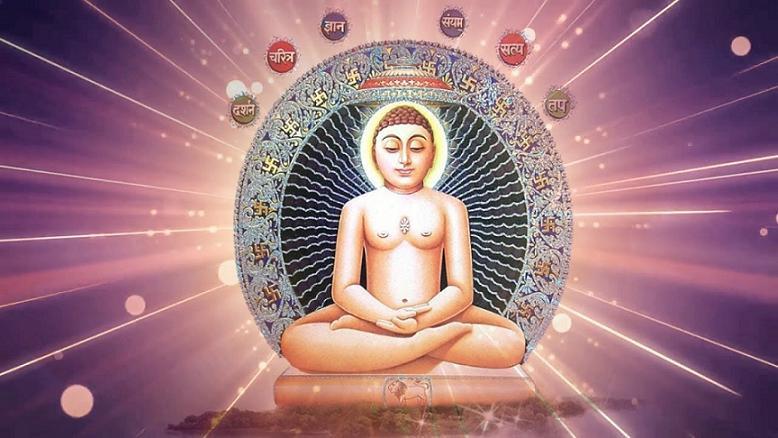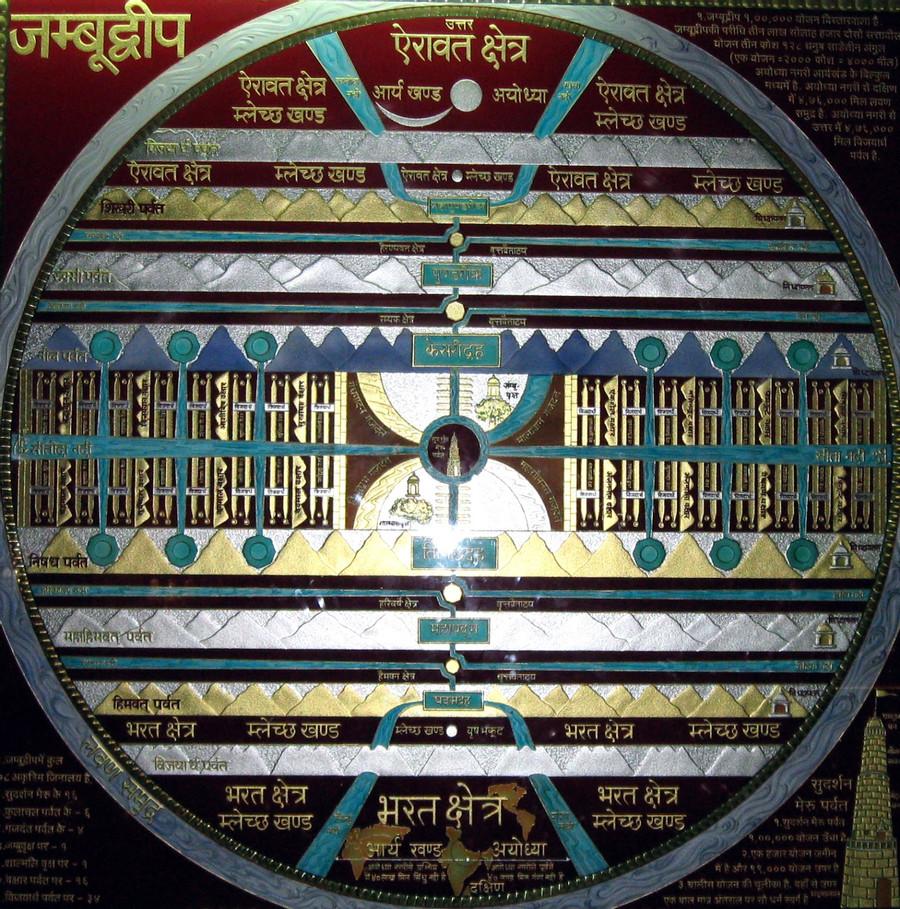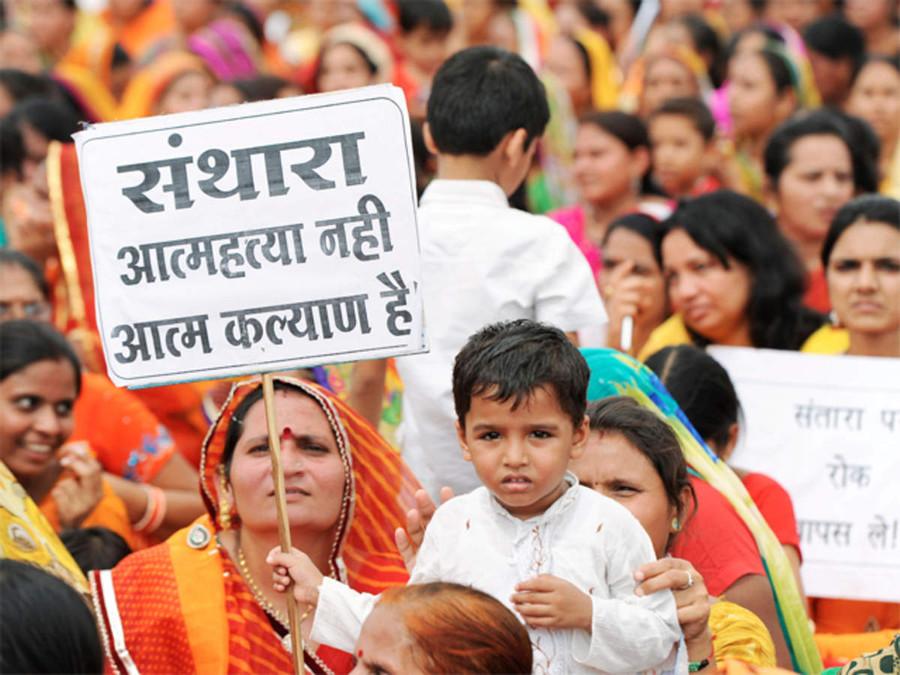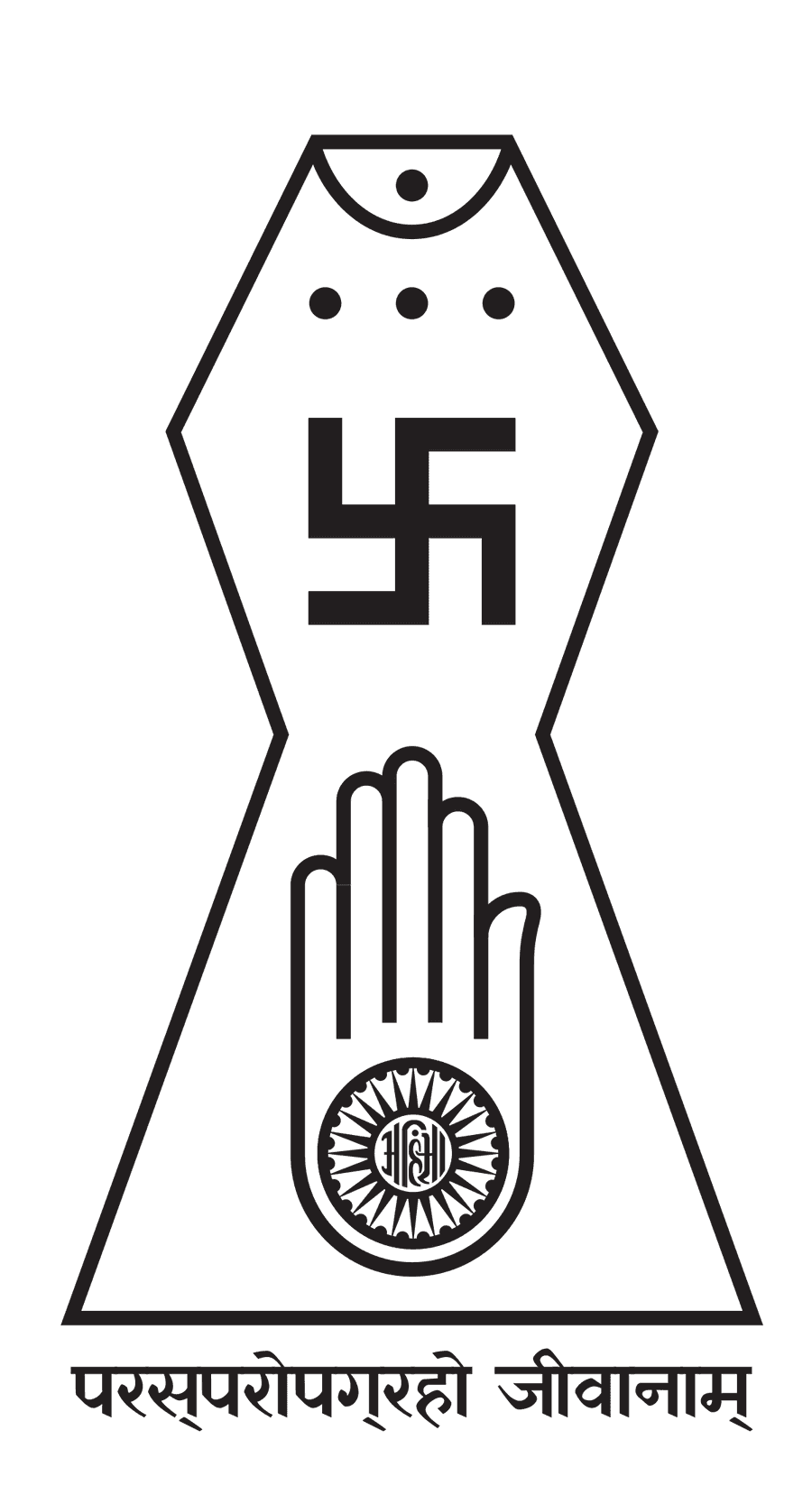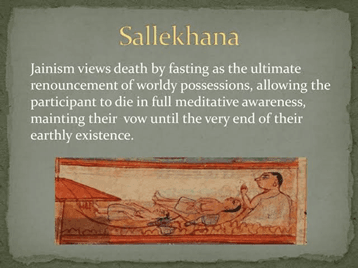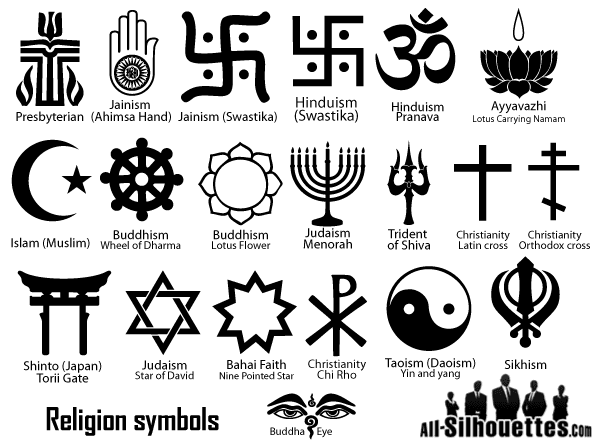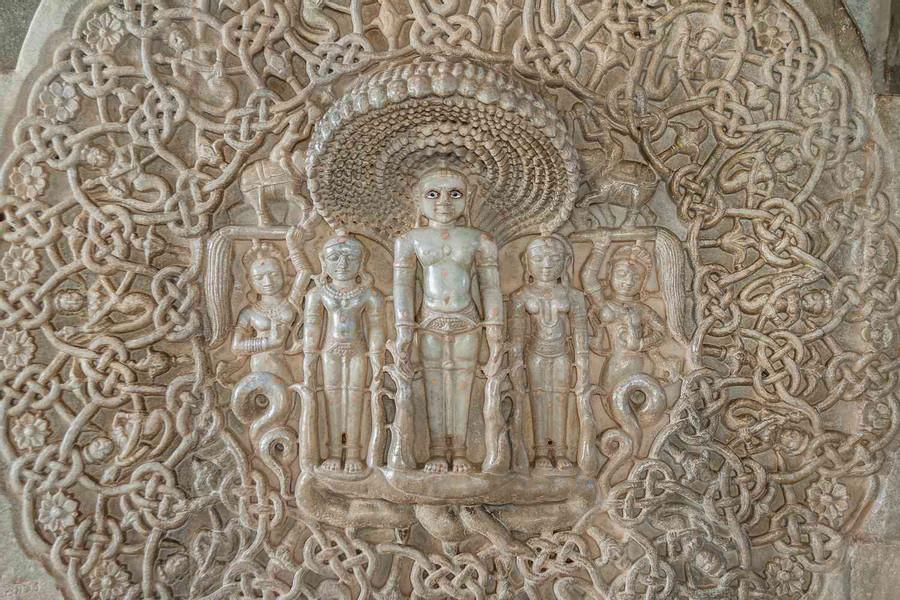The Jain way of life and death
Curated from: jainism.com
Ideas, facts & insights covering these topics:
11 ideas
·1.44K reads
5
2
Explore the World's Best Ideas
Join today and uncover 100+ curated journeys from 50+ topics. Unlock access to our mobile app with extensive features.
Jainism and the concept of death
Jainism is an ancient Indian religion with a complex and nuanced view of death. In Jainism, death is seen as a natural part of the life cycle, and the soul is believed to be reborn into a new body after death.
However, Jains also believe that it is possible to achieve liberation from the cycle of rebirth and that death can be a time of great spiritual opportunity.
10
195 reads
Similarities between Jainism and other traditions
Jainism shares many similarities with other Indian traditions, including the belief in reincarnation and the goal of liberation.
In Jainism, the soul is said to be trapped in the cycle of birth and death due to its attachments to the material world.
Liberation is achieved when the soul is free from all attachments and merges with the divine.
11
154 reads
Santhara: a good way to die
Santhara is a Jain practice in which a person voluntarily fasts until death.
It is seen as a way to end one's life with dignity and peace, and to prepare for the next life.
Santhara is not considered suicide, as it is not motivated by a desire to end one's life.
11
147 reads
"In the Jain view, since the body is a temporary vessel, it is also to be given up as one moves on to liberation or to the next life. The appropriate way to do so is called santhara."
JAINISM
10
133 reads
Santhara vs. suicide and euthanasia
Santhara is different from suicide in that it is not motivated by a desire to end one's life.
Santhara is also different from euthanasia, as it is not an assisted death.
In euthanasia, a doctor or other healthcare professional helps a person to die.
10
134 reads
Santhara in other traditions
Similar practices to santhara exist in other Indian traditions, such as Hinduism and Buddhism.
In Hinduism, the practice is known as prayopavesa.
In Buddhism, the practice is known as sallekhana.
11
129 reads
"Just as the Jain is taught to neither crave nor resent life, they are also taught to neither crave nor resent death."
JAINISM
10
120 reads
The ideal death in Jainism
The ideal death in Jainism is one that is free from pain and suffering.
It is also a death that is marked by detachment from the material world.
The ideal death is one that allows the soul to be free to merge with the divine.
10
116 reads
The legal status of Santhara
The legal status of Santhara varies from country to country.
In India, santhara is legal, but it is subject to certain restrictions.
In other countries, santhara may be illegal or may be subject to different restrictions.
10
105 reads
"There are other exceptional provisions for more induced deaths as well, such as setting oneself ablaze on a pyre. Though it appears disquieting, to masterfully embrace such a death is considered a hallmark of equanimity and yogic practice."
JAINISM
10
106 reads
Conclusion
Santhara is a complex practice with a long history in Jainism. It is a practice that is both controversial and misunderstood. However, it is a practice that is deeply rooted in Jain's beliefs and values.
Ultimately, the Jain view of death is complex and multifaceted. However, it is clear that Jains believe that death is a natural part of the cycle of life and that it is a time of great spiritual opportunity.
10
103 reads
IDEAS CURATED BY
CURATOR'S NOTE
Think about what a good death means to you. What are your priorities for your death? Do you want to die peacefully? Do you want to be surrounded by loved ones? Do you want to have a say in your own death? Once you know what a good death means to you, you can start to make choices that will help you to achieve it.
“
Similar ideas
24 ideas
Ten Reasons Why Hinduism is a Way of Life
hinduwebsite.com
6 ideas
Life Lessons from the Bhagavad Gita
wisdom.srisriravishankar.org
4 ideas
Read & Learn
20x Faster
without
deepstash
with
deepstash
with
deepstash
Personalized microlearning
—
100+ Learning Journeys
—
Access to 200,000+ ideas
—
Access to the mobile app
—
Unlimited idea saving
—
—
Unlimited history
—
—
Unlimited listening to ideas
—
—
Downloading & offline access
—
—
Supercharge your mind with one idea per day
Enter your email and spend 1 minute every day to learn something new.
I agree to receive email updates

